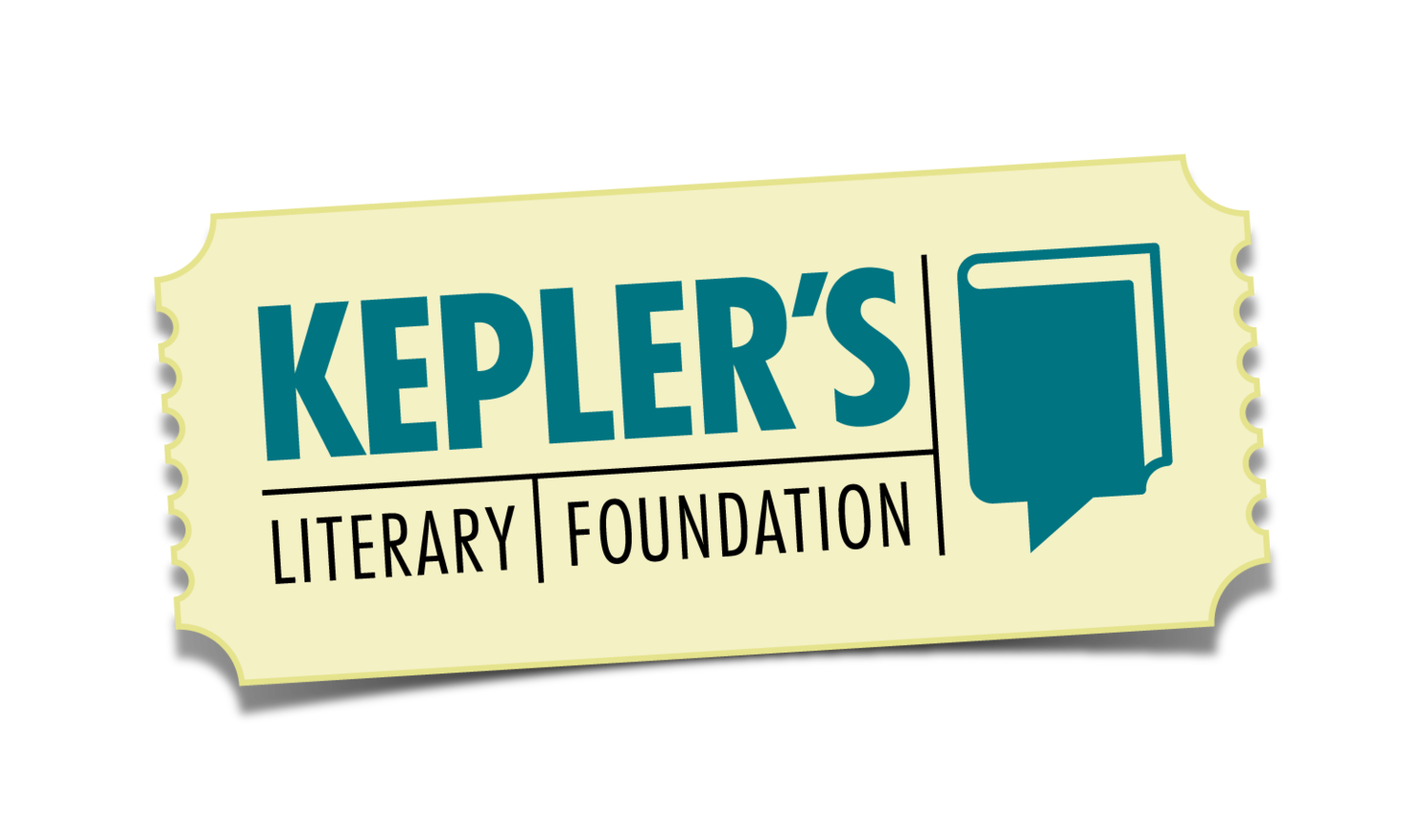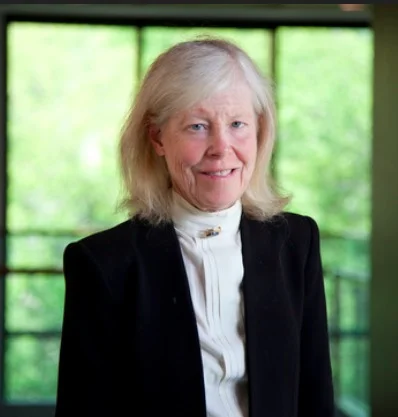From the Google memo to public statues to campus protests, accusations of quashed free-speech rights are flying. Is picketing a college speaker an effort to shut down discourse? How protected is an employee writing internal memos on company policy? If residents feel a memorial expresses their history, can the majority take that away? How do so many Americans mistake, say, moderation of comment sections as a breach of their First Amendment rights?
In Deep has pulled together a panel reflecting deep experience in activism, the courtroom, and the classroom to address these thorny questions. They are:
Jim Brosnahan of Morrison Foerster has been named among the top 30 trial lawyers in the US by the Legal 500 US. One of the most respected and recognized trial lawyers in the United States. Jim has been practicing trial and appellate law for over fifty years. He maintains an active practice of civil and criminal cases, very often cases that are going to trial or will be argued in Circuit Courts. He has tried, to conclusion, 150 cases. Among his many awards, he's been inducted into the California state bar's "Trial Lawyers Hall of Fame".
Deborah Rhode is a Professor of Law at Stanford, and the director of the university's Center on the Legal Profession. She's been recognized for her scholarship on legal ethics; she's received the Pro Bono Publico Award for her work on expanding public service opportunities in law schools, and the White House’s Champion of Change Award for a lifetime’s work in increasing access to justice. Dr. Rhode clerked with Thurgood Marshall and has published some thirty books.
Attorney and journalist Peter Scheer served for over a decade as Executive Director of the First Amendment Coalition, and founded law.com. He's argued cases in the U.S. Supreme Court and most of the federal courts of appeal. He was editor and publisher of The Recorder newspaper in San Francisco, publisher of Legal Times in Washington, DC, and CEO of legal information website law.com. Scheer has received both the Eugene S. Pulliam Award and James Madison Award for First Amendment advocacy. He focuses on First Amendment and freedom-of-information issues, particularly as they apply to privacy protection, intellectual property, national security, and information-control by government and private corporate interests.




